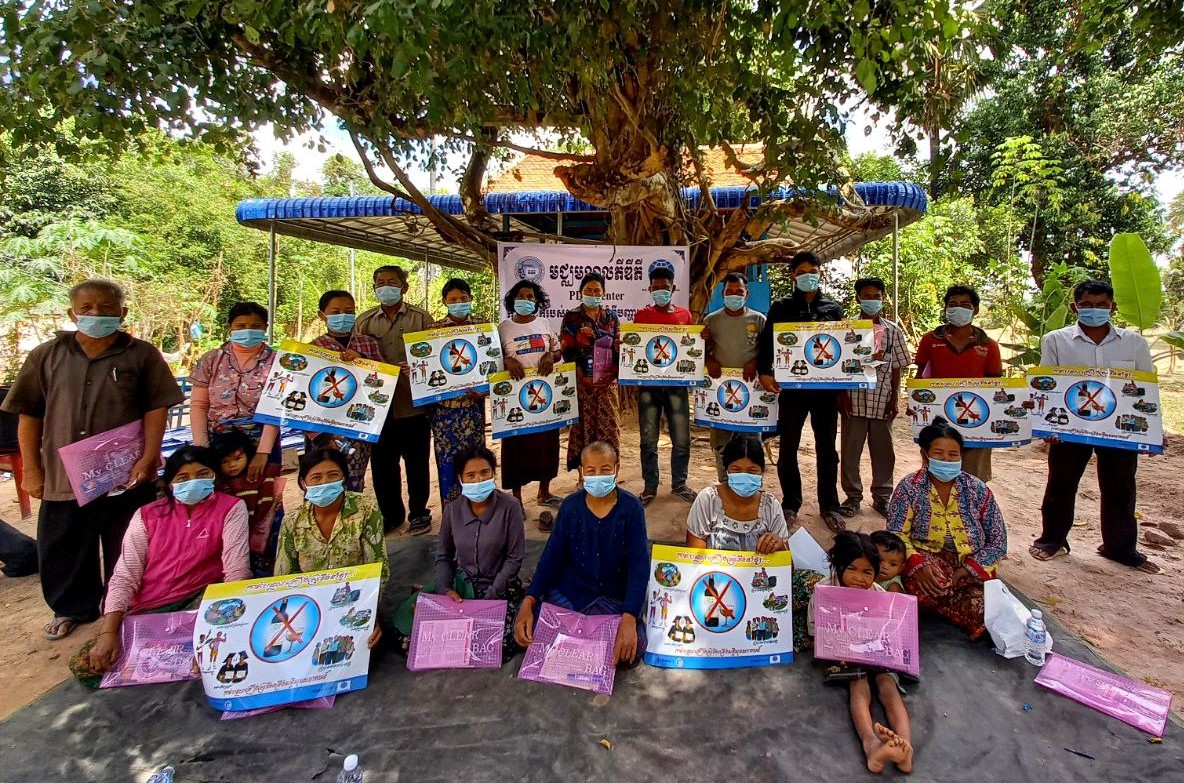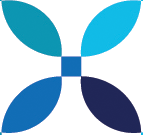Bli ambassadör och stå upp för varje barns rätt till en trygg vuxen
Som ambassadör…
-
…är du med påverkar såväl din omgivning som politiker och samhället i stort.
-
…spelar du en viktig roll i att skapa långsiktig förändring.
-
…visar du att du är med och kämpar för att varje barn ska ha en trygg vuxen!

